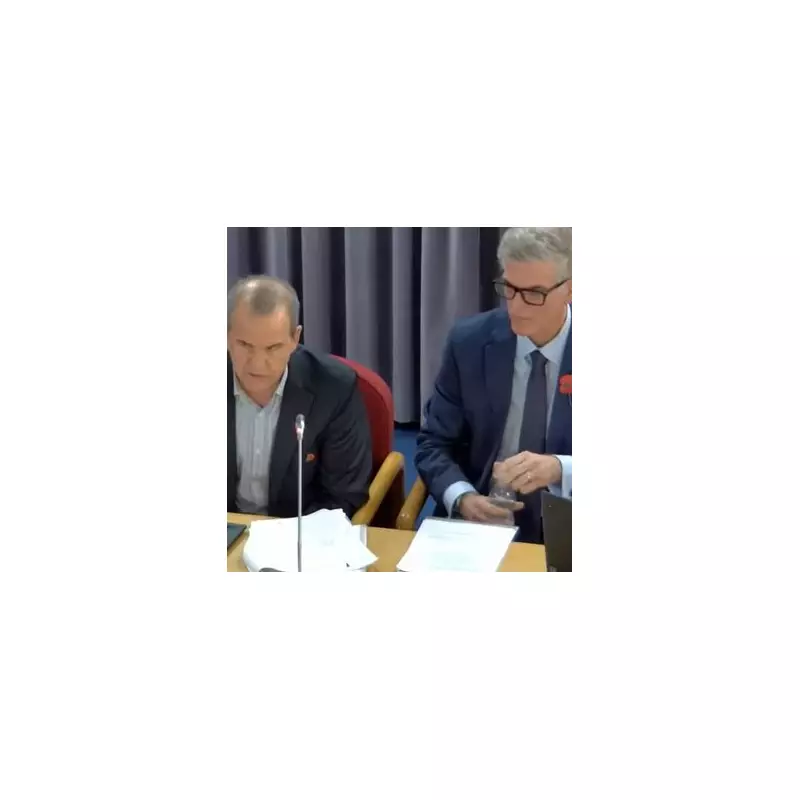
Worcestershire County Council has been issued with a rare formal warning from its external auditors concerning a rapidly growing deficit in its education budget.
Serious Concerns Over Schools Funding
External audit firm Grant Thornton has issued a statutory recommendation to the Midlands council regarding its management of the Dedicated Schools Grant (DSG). This represents the most severe level of concern that auditors can formally express about an organisation's financial management.
Pete Barber, a director at Grant Thornton, described the situation as "the most serious and concerning" level that auditors can issue. He informed a full council meeting on Thursday, November 6, that while such recommendations remain uncommon, they are becoming more frequent across the public sector.
Deficit More Than Doubles in Single Year
The DSG is a government grant that councils use to fund schools, early years education and services for children with special educational needs and disabilities (SEND). Worcestershire's DSG deficit has experienced alarming growth, more than doubling from £44 million in 2023/24 to £98 million in 2024/25.
Projections indicate the situation could deteriorate further, with the deficit potentially reaching £184 million by next year. Mr Barber expressed particular concern about "the speed of that deficit increase" and noted that "the level of deficit is more than all of your reserves and balances."
Council Ordered to Take Immediate Action
The council has been instructed to develop a "robust management plan" to reduce the deficit and prevent further increases. While other local authorities are experiencing similar DSG deficits, auditors revealed that Worcestershire stands alone in receiving a statutory recommendation due to its lack of mitigating measures.
Chief finance officer Phil Rook acknowledged that "it's a national issue and some of that is not in the council's control," while expressing disappointment that the Government had postponed an announcement on DSG funding until the New Year.
The financial situation has sparked political controversy, with Tory group leader Adam Kent alleging that Reform would need to increase council tax by 25 percent to address the deficit. Finance chief and deputy leader Rob Wharton criticised the previous Conservative administration for "dragging the council to the verge of bankruptcy."
Karl Perks, the cabinet member for highways, further claimed that council tax had been kept "artificially low" by the Conservatives, resulting in £88 million of lost income that could have helped address the current financial challenges.
The DSG benefits from a statutory override - a temporary accounting rule allowing the deficit to remain separate from councils' primary revenue budgets - which remains active until March 2028, providing some temporary relief while long-term solutions are sought.





